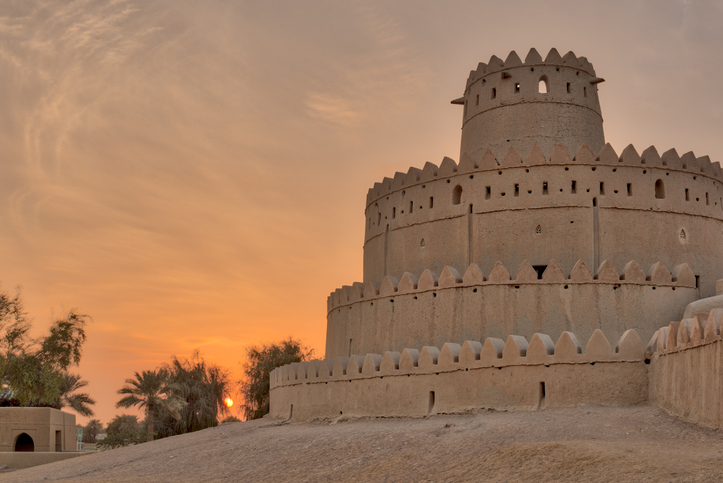Back in the day, there were just camels and flickering gas lamps – a typical Middle Eastern ambiance set in the orange desert underneath a blazing sun.
Indeed, before Dubai became the shining jewel of the Gulf with its state-of-the-art skyscrapers, majestic villas, Instagrammable shots and jaw-dropping shopping malls, it was a place heritage that, fortunately, has survived the juggernaut of modernization and has remained to give everyone a “throwback” if you will, to the time when Bedouins walked the streets.
At the centerpiece of this are the marketplaces – or souks – where everyone gravitate to socialize and meet their needs – from Aromatic spices to heady perfumes, rich coffee beans, fabrics, ornaments.
The souqs, with its alleyways and merchants actually offer offer something priceless for free: a walk down history when dhows from the Far East and India would sail across seas and offload goods and wares by the Creek.
Here are some must-experience souqs across UAE. Map up your plans and schedule a visit:
Now, let us tour some of the country’s oldest traditional marketplaces and soak up their distinct atmosphere.
ABU DHABI
The Capital has a pronounced local vibe, and a laid-back atmosphere. To get a slice of its home-grown culture, one must visit its traditional souqs and marketplaces.

Abu Dhabi Carpet Souq: Hold your breath for a plethora of stunning handmade carpets from Iran and Afghanistan. There’s a mesmerizing quality to their patterns. Alongside these handwoven carpets lie modern, machine-made wool-and-nylon carpets. There are sections that also display Arabic-designed cushions, mats, and also Islamic prayer mats. Sip on a cup of sulaimani (black tea), polish your bargaining skills before you dive into this bustling souq.

The Souq: When you walk into Abu Dhabi’s Old Souq, now referred to only as Souq, you can still experience its traditional aura despite the significant makeover it underwent, before reopening in 2013. Dating back to 1968, this souq, designed by an Egyptian engineer named Abdulrahman Makhloof, hosted around 1,000 traders in the 1970s, before it was closed down in 2005 for renovations.





